Pakistan approves military operation against Balochistan terror groups
PM Shehbaz, COAS Munir vow to eliminate threats to Pakistan's security, approve counter-terrorism measures
News Desk
The News Desk provides timely and factual coverage of national and international events, with an emphasis on accuracy and clarity.
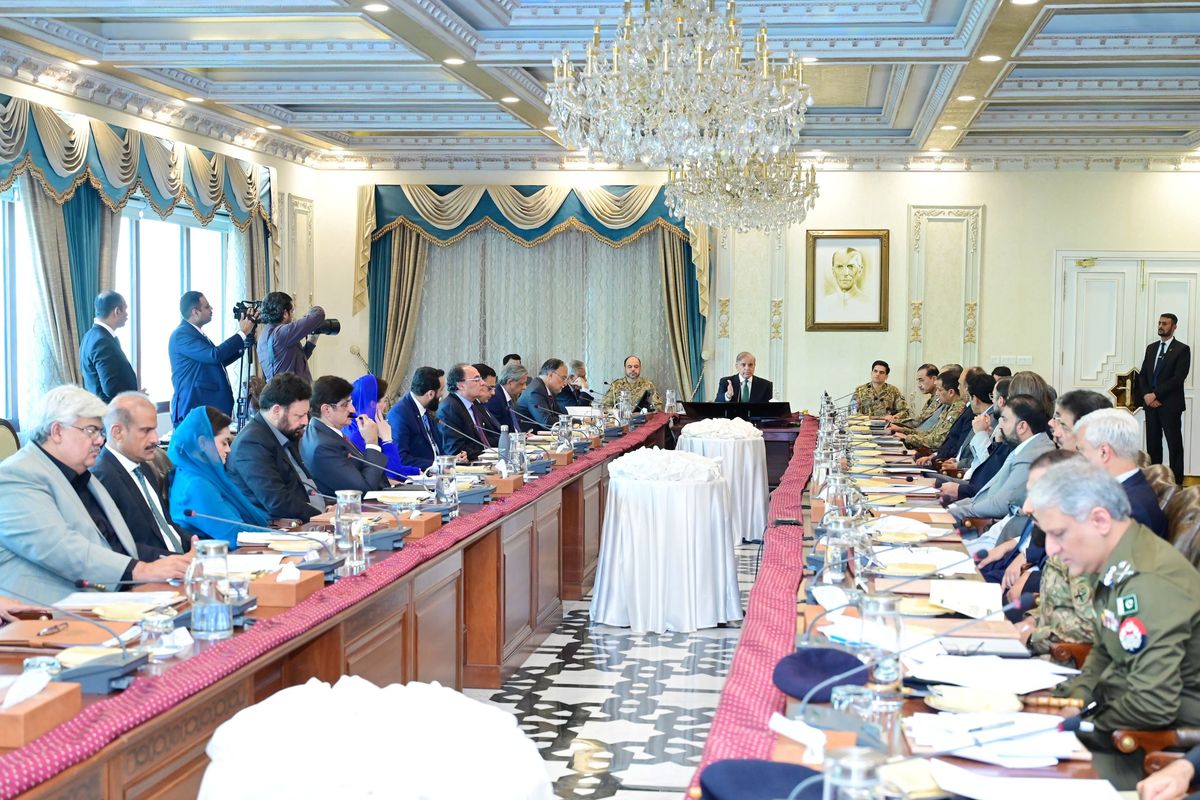
Prime Minister Shehbaz Sharif chairs a meeting of the Federal Apex Committee of National Action Plan in Islamabad on November 19, 2024.
PID
Pakistan approves military operation against BLA, BLF, and Majeed Brigade
PM Shehbaz Sharif urges swift execution of counter-terrorism initiatives
Gen Munir reaffirms army’s resolve to tackle national security threats
Balochistan attacks disrupted key infrastructure; 73 killed in August
Pakistan's Federal Apex Committee of the National Action Plan (NAP) on Tuesday approved a comprehensive military operation against terrorist organizations in the southwestern Balochistan province to counter threats to national security and economic stability.
Prime Minister Shehbaz Sharif chaired the high-level meeting, attended by federal ministers, provincial chief ministers, and Chief of Army Staff (COAS) General Asim Munir, along with senior officials.
Gen Munir reaffirmed the army's commitment to eliminating security threats and supporting the government’s initiatives for peace. “The Pakistan Army remains resolute in ensuring the safety of our people and sovereignty of our nation,” he stated.
Balochistan, Pakistan’s largest and most resource-rich province, has faced a surge in insurgent violence in the recent past.
In August, the province witnessed one of its deadliest waves of attacks in years. At least 73 people were killed in coordinated assaults on police stations, railways, and highways.
The Balochistan Liberation Army (BLA), a key separatist organization, claimed responsibility for the violence.
The attacks targeted critical infrastructure, disrupting rail services and blocking major transportation routes. Highways to cities like Quetta and Gwadar were closed for hours, stranding thousands of commuters. Railway tracks and bridges were destroyed, halting freight services vital to regional trade.
Authorities described the incidents as “well-coordinated and sophisticated", citing the militants’ use of heavy weaponry and explosives.
In response, security forces launched extensive retaliatory operations, marking one of the most significant military campaigns in recent years. The escalation has reignited debates over whether dialogue with separatists or intensified military action is the solution to the unrest.
A press release from the Prime Minister’s Office outlined the meeting’s agenda, focusing on "reinvigorating Pakistan’s counter terrorism campaign."
Participants reviewed the evolving security landscape, including sub-nationalism, religious extremism, disinformation campaigns, and the crime-terror nexus.
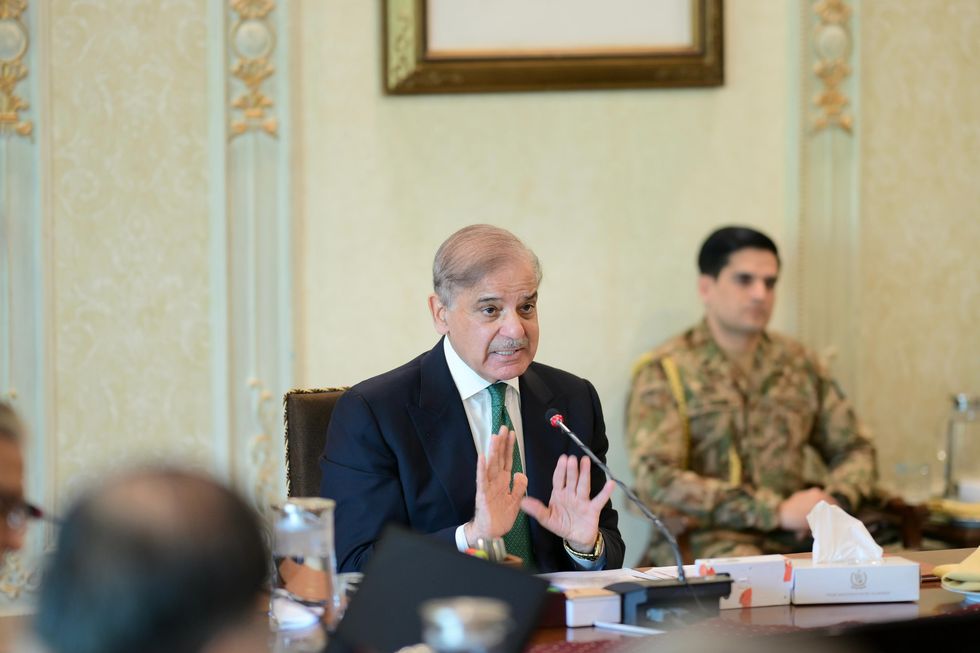
The committee emphasized the need for a unified political stance and a cohesive national narrative. “Political consensus across party lines is vital to counter these challenges effectively,” the statement noted.
Key decisions included revitalizing the National Counter Terrorism Authority (NACTA) and establishing national and provincial intelligence fusion and threat assessment centers.
As per the press release, district coordination committees will be formed under provincial apex committees to ensure smooth implementation of the counter-terrorism plan, which falls under the framework of "Vision Azm-e-Istehkam".
The approved military operation will target groups, including the Majeed Brigade, BLA, Baloch Liberation Front, and BRAS, accused of "undermining Pakistan's economic progress and security at the behest of hostile external powers".
The Prime Minister directed all stakeholders to execute these initiatives with urgency, stressing the need for "coordinated efforts to safeguard Pakistan’s sovereignty, protect its citizens, and reinforce economic stability".

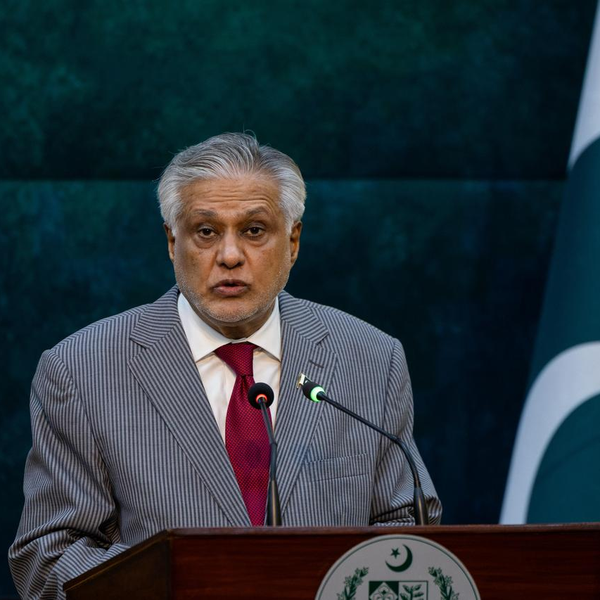
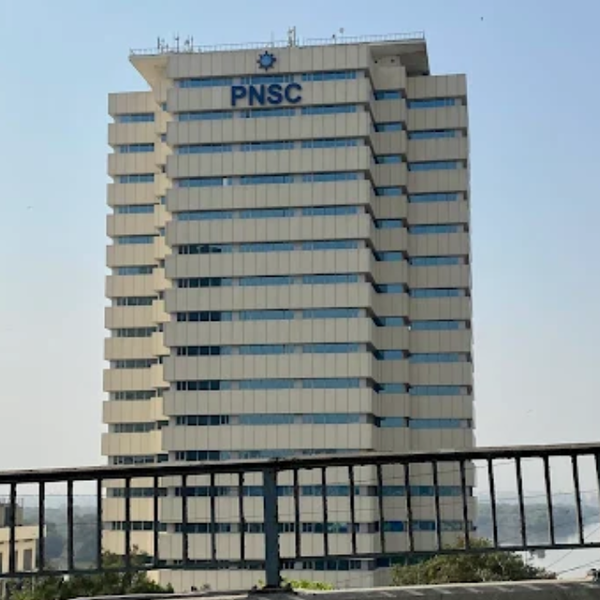

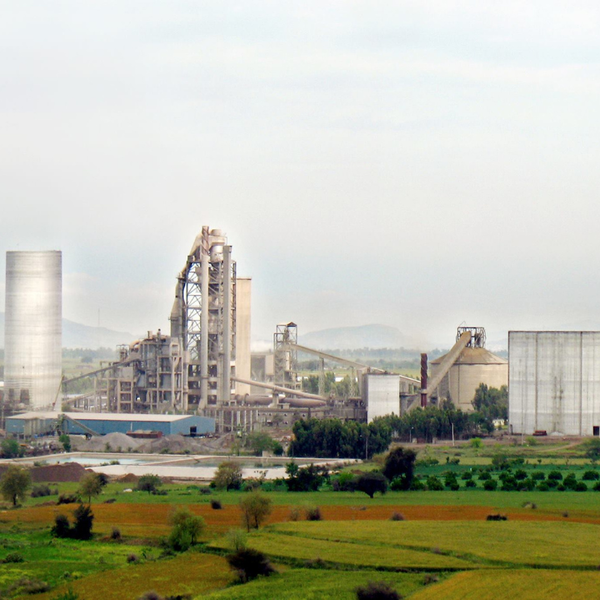

Comments
See what people are discussing